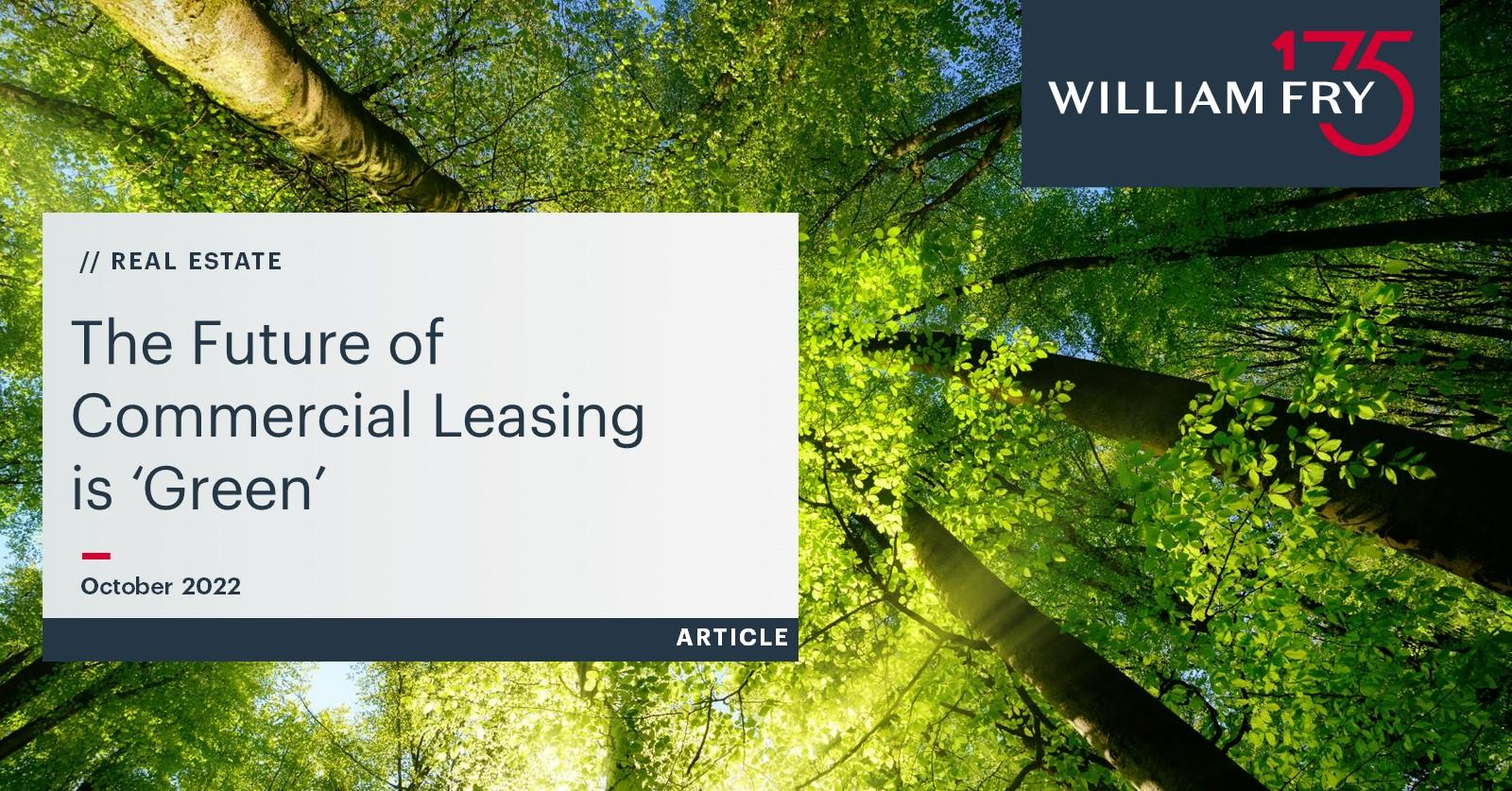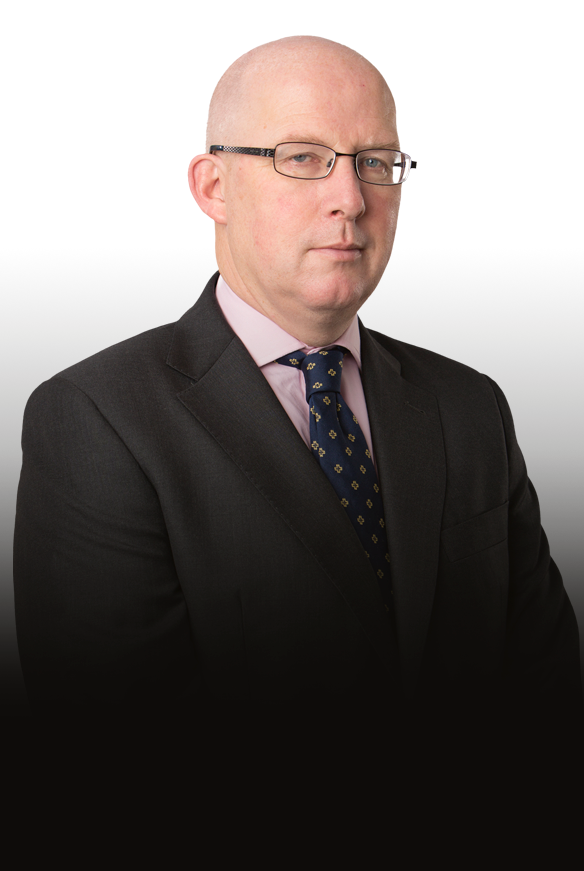The Future of Commercial Leasing is ‘Green’
First published on Open House Dublin
Ireland has committed to achieving a 51% reduction in overall greenhouse gas emissions by 2030 and a climate neutral economy by no later than 2050. The Climate Action and Low Carbon Development (Amendment) Act 2021 (the Climate Act) places these ambitious commitments on a statutory footing and is supported by the Climate Action Plan 2021 (CAP2021) which sets out the path for achieving our climate action goals.
As buildings are currently responsible for 36% of the EU’s energy related greenhouse gas emissions, it should come as no surprise that CAP2021 will have far reaching impacts on the commercial property and leasing sectors. CAP2021 places a strong focus on the decarbonization and retrofitting of Ireland’s commercial building stock and will inevitably change the narrative of the Irish commercial leasing market for both landlords and tenants – and their legal advisers.
The introduction of the Climate Act and CAP2021 combined with an increased focus on ESG in most modern corporate business models, has led to sustainability becoming an important factor during the negotiation of commercial leases. This has resulted in the emergence of ‘green leasing’ – a relatively new and evolving concept in Ireland. A ‘green’ lease can be described as a lease which incorporates obligations on both landlords and tenants to operate and occupy a premises in an environmentally sustainable and efficient manner.
The incorporation of green lease provisions into a lease can be mutually beneficial to landlords and tenants. Tenants can benefit from a reduction in energy and service charge costs, an enhanced reputation in the employee market and higher staff retention and productivity rates. Landlords will often use green buildings standards such as LEED (Leadership in Energy and Environmental Design) as a marketing tool to attract blue-chip tenants. Sustainability also reduces building maintenance costs and gives landlords a market advantage as sustainably operated buildings are often more attractive to investors. Green leases have been viewed as an effective way of ‘future proofing’ a premises against environmental regulations that will likely be introduced to facilitate compliance with the obligations under the Climate Act in years to come.
A good understanding and awareness of the benefits of green leasing by landlords, tenants and legal practitioners is essential in increasing the sustainability of Irish commercial building stock. We, as legal practitioners, look forward to continuing to collaborate with our clients to achieve a more sustainable commercial leasing market and to observing how this topical area of law evolves.
William Fry LLP is proud to sponsor Open House Dublin 2022. Brought to you by the Irish Architecture Foundation, Open House Dublin is a free festival of architecture which celebrates great architecture, urban design and the people that contribute to the creation of built Dublin.



